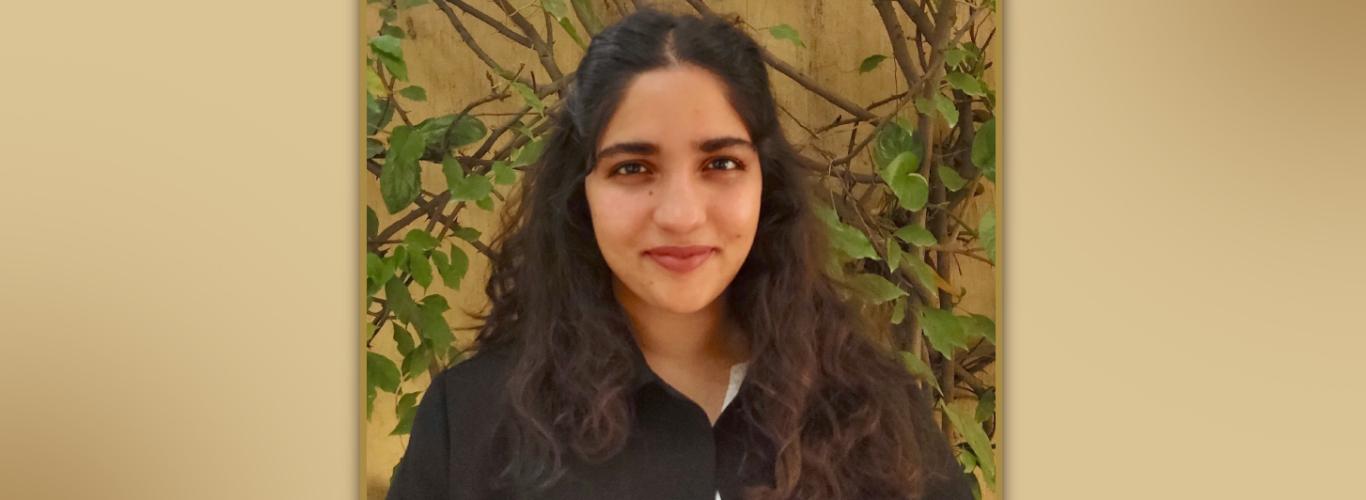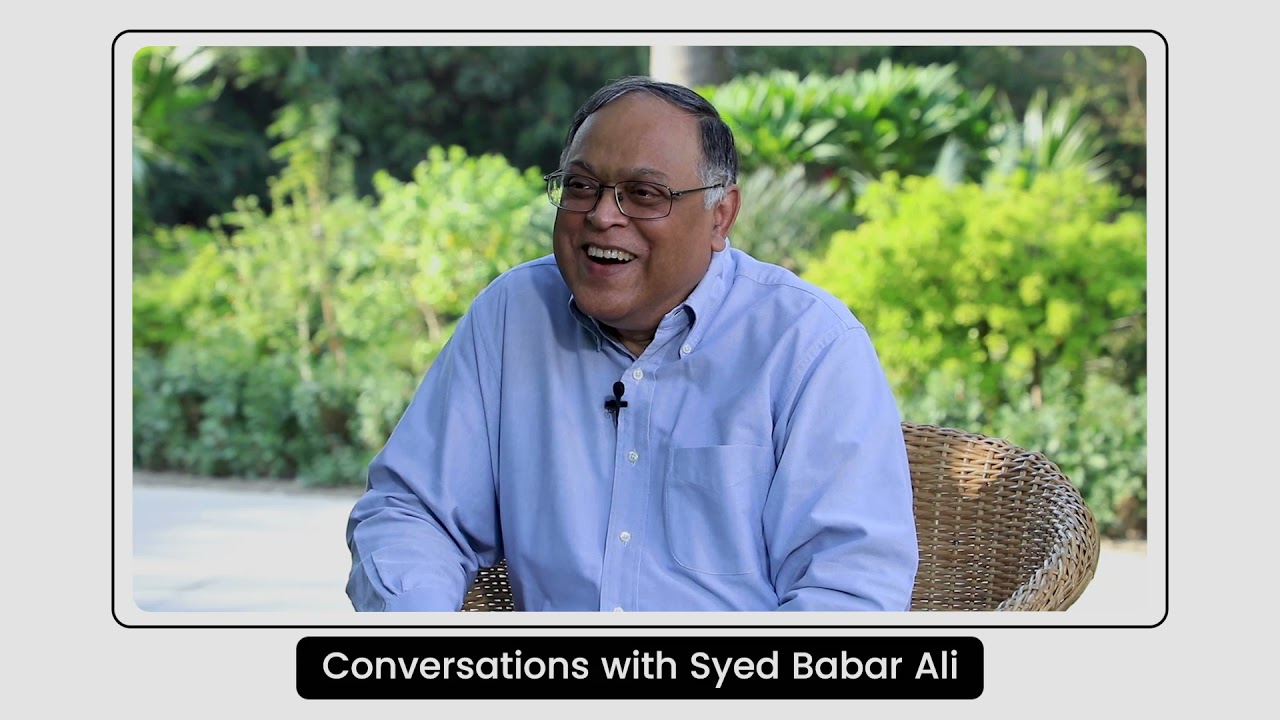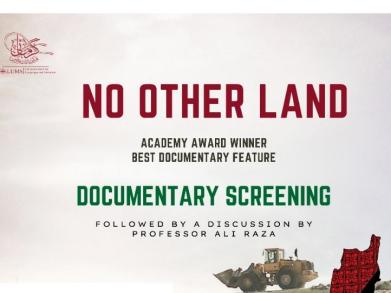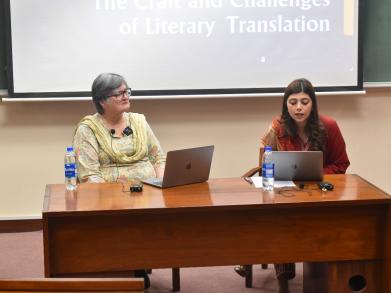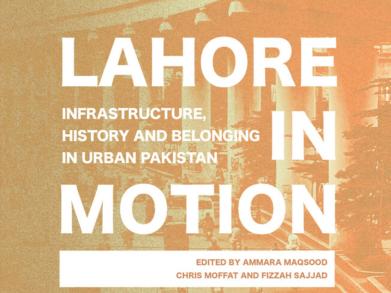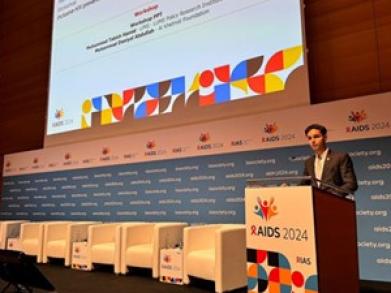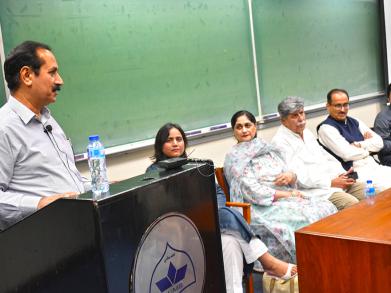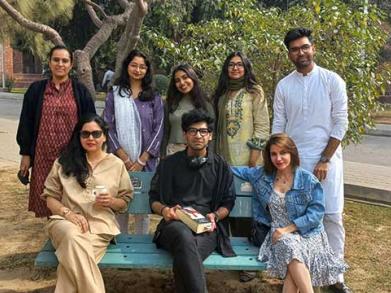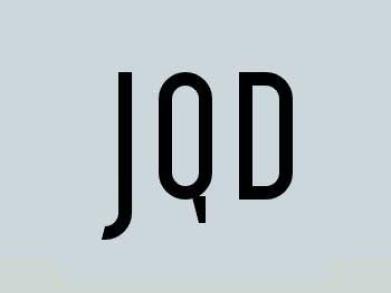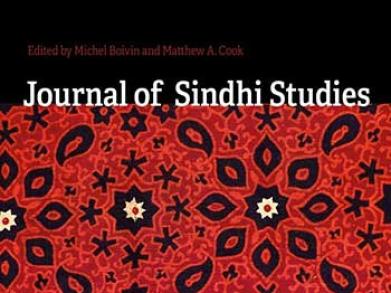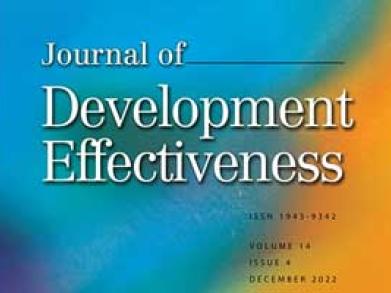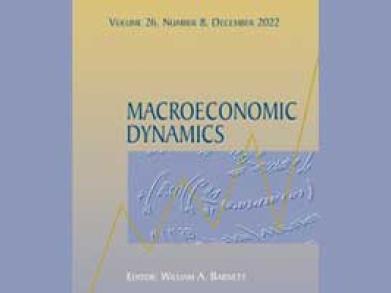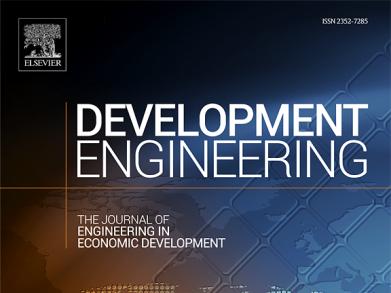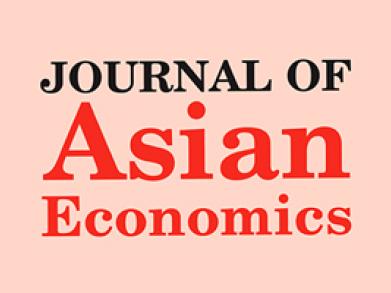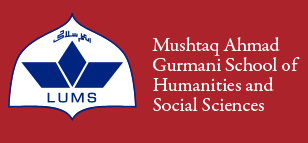History Major, Heer Cheema Named 2023 Rhodes Scholar from Pakistan
Heer Cheema, a 2022 LUMS BA History graduate is the recipient of 2023’s Rhodes Scholarship for Pakistan. Heer is a second-generation Rhodes scholarship awardee as her father, Dr. Ali Cheema, Associate Professor at the Mushtaq Ahmad Gurmani School of Humanities and Social Sciences at LUMS, was also selected as a Rhodes scholar in 1989.
In Fall 2023, Heer will begin her graduate studies at the University of Oxford, where she will conduct research on Colonial History with a focus on South Asia. She hopes to use this opportunity to advance the discourse around historical structures and aims for her work to contribute to a broader, ongoing public debate around citizenship rights and democracy.
During her school days, Heer developed a deep and abiding love for Literature, which in many ways is what brought her to History. “The texts I studied drew my attention to how narratives can divide, exclude, and silence people, but also call into question prevailing societal norms, and enable one to reclaim one’s history and identity. In other words, it was in conversations with my two wonderful literature teachers, Ms. Zareena Saeed and Mr. Aqib Ali that literary worlds and characters came to take on real-world, historical stakes,” she shared.
Her conversations with her grandparents about their experiences of the 1947 Partition further established her interest in the subject. “The more I heard, the more I knew that there were stories I was not hearing, and that just drew me closer and closer to the realisation that this is what I wanted to do,” she recalls.
At LUMS, Heer continued to be drawn to History. She observed that it is misleading and dangerous to treat History as a subject of a bygone time, as a study of worlds or people that have no bearing on the present. “The past deeply shapes our understanding of the present and future. Historical narratives can often be employed to reinforce or legitimise divisive and exclusionary social norms and state practice, but it is also through history that we can unmoor and challenge these narratives, and create space for a more grounded, inclusive framing of the world.”
During her undergraduate studies, Heer became deeply invested in histories of state violence. This interest culminated in her undergraduate thesis which explores how the surveillance regime in Colonial Punjab facilitated violent state action against peaceful dissidents. Heer was also a part of the founding Executive Council of the LUMS Historical Society and a part of the editorial board that launched the Feminist Society’s first e-publication. She is now working with the LUMS Digital Archive. “My commitment to each of these initiatives has been driven by my broader commitment to spaces of dissent, which foreground voices and histories that have been systematically oppressed,” she said.
Heer believes that in our current moment where the most vulnerable in Pakistan are denied their rights and vilified, even in ostensibly progressive spaces, the study of history, as well as the humanities and social sciences more broadly, is, in her view, increasingly urgent. “I think students often hesitate to study the humanities and social sciences at university, despite being interested in these fields, because of job prospects and familial pressure, but I think that these are fields that can equip you with essential tools to contend with, as well as contribute to the world around you,” she stated.
The History teachers, as well as the broader Humanities and Social Sciences faculty at LUMS, are incredibly supportive and encouraging says Heer. “They have created a space at LUMS, which allows students to be creative and to think beyond rigid disciplinary boundaries. I am endlessly grateful to the professors and students who have pushed me to think deeply, and whose own work and commitment continues to inspire my own. I am, in particular, thankful to Dr. Ali Raza, Dr. Ameem Lutfi, Dr. Ilyas Chattha, Dr. Maryam Wasif Khan, Dr. Sana Haroon, Dr. Sarah Humayun and Dr. Shayan Rajani for their guidance and mentorship.”
Heer encourages anyone who is interested or passionate about what they’re studying to apply for the Rhodes scholarship. “The Rhodes is an incredibly generous scholarship, which not only supports you financially but allows you to be part of a diverse and dynamic community. It is a competitive scholarship, and there are no guarantees, but the application process holds value beyond just the outcome. It allows you to articulate what you’re invested in and your plans for the future. Though I had few expectations going in, I am so grateful to have been awarded the scholarship.” The particularly exciting part for Heer is the fact that she shares the honour with Nuzaina Khan, the other Pakistani Rhodes Scholar for 2023, a close friend of hers, whom she met in school and immediately bonded with over their love of books.
In her spare time, Heer loves to read and write poetry. “I find that sometimes I can only think in fragments, and poetry allows me to build something meaningful out of a fragment, to just attend to a small thought. I’m also a big fan of graphic novels and animated short films – I’m intrigued by the capacity of animation to suspend, warp, stretch reality, whilst also speaking to very real concerns and experiences.”
As Heer looks forward to continuing her studies, History will remain at the forefront, “These structures continue to, in our postcolonial moment, enable the excessive use of force by the state and strip certain groups of their political and legal rights. In particular, I hope to explore the role surveillance agencies and the law have historically played in enabling and legitimizing state violence,” states Heer.
We wish Heer the very best for her future endeavours!

